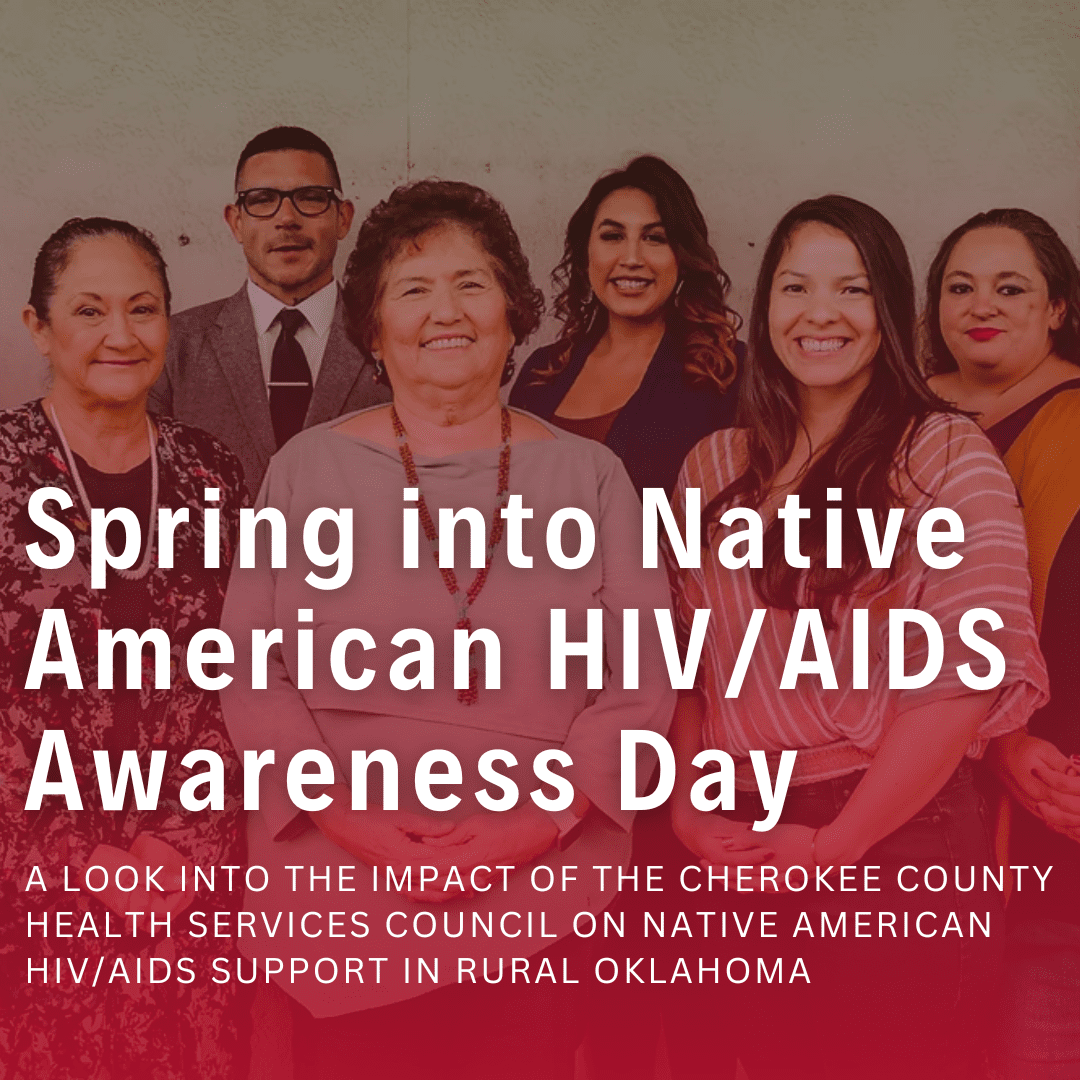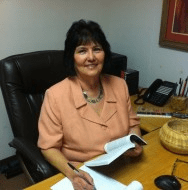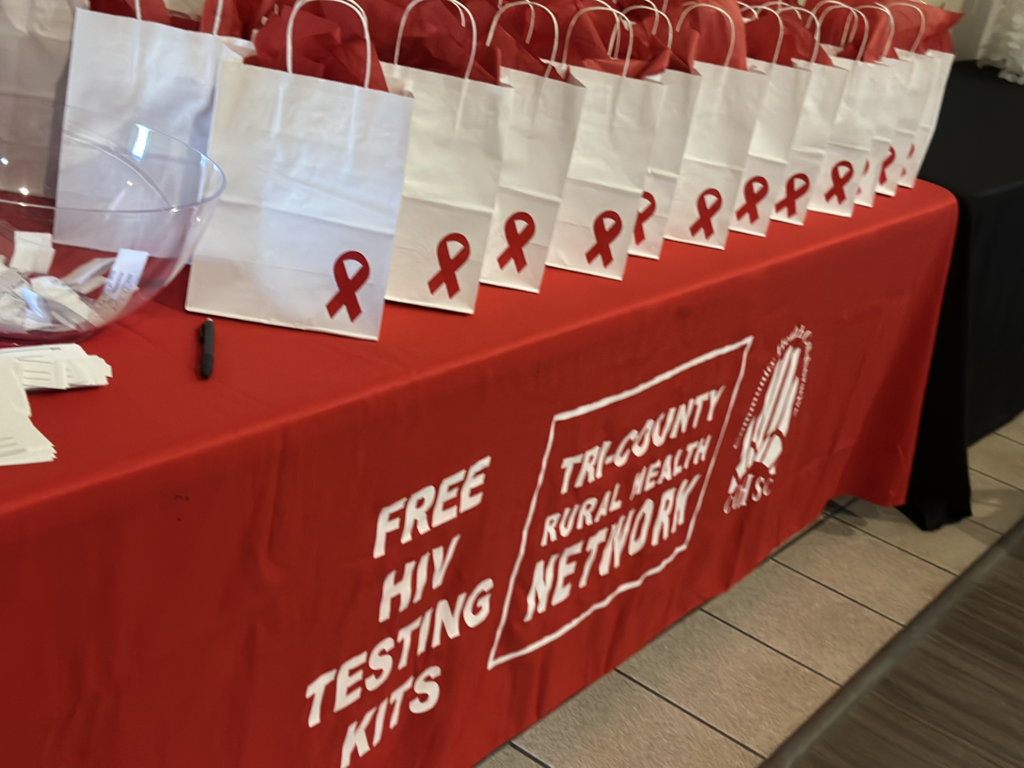COMPASS Initiative® Funds 32 Organizations to Transform the HIV Epidemic in the South
Atlanta, Georgia (November 30, 2018) – In recognition of the 30th anniversary of World AIDS Day and in support of

By: Haneen Elfaki
On March 20th, National Native HIV/AIDS Awareness Day and the Spring Equinox align on the same day. This is an interesting intersection of two important days in many Indigenous cultures. National Native HIV/AIDS Awareness Day serves to bring attention to the disproportionate burden of HIV and AIDS among Native Americans, Alaska Natives, and Indigenous peoples. Though National Native HIV/AIDS Awareness Day and the Spring Equinox may not have an inherent connection between the two days, they can be viewed as a reminder of how important it is to nurture our bodies with healthy habits in order to prevent the spread of HIV/AIDS. It is also an opportunity to recognize and appreciate the many cultures and traditions that are present in Native communities. This day is a call to action for all individuals, organizations, tribes, and governments to work together in order to combat HIV/AIDS in Native communities.
The Cherokee County Health Services Council (CCHSC) has been an active force in providing HIV/AIDS services to the Native community in Oklahoma, offering a range of prevention, testing, care and treatment programs that are tailored to meet the needs of the local population. From providing mobile HIV testing units, to offering nutrition and housing assistance for those living with HIV/AIDS, the CCHSC is committed to ensuring that all Native Americans have access to quality healthcare services.
The council also plays a major role in promoting awareness about HIV/AIDS within the community and has held multiple public events on NNHAAD. These events have included educational presentations and performances, HIV testing services and a variety of activities to raise awareness about the virus and its effects on those living with it. We had the opportunity to ask Paul Martinez, the CCHSC Project Director, a couple of questions about CCHSC and the work that they do in this community. Here is what was shared:


Pamela Iron, Executive Director of Cherokee County Health Services Council
How long has CCHSC been engaged in HIV work and what sparked these initiatives?
PM: CCHSC has been engaged in HIV/AIDS for 3 years. Our Executive Director, Pamela Iron, worked in the HIV/AIDs field back in the 1980s when the epidemic first began. When she heard that there was an increase in cases in Oklahoma, she wanted to take action in the form of prevention and testing work.
What are some barriers that the Native American population you serve face in terms of health access, testing and treatment services?
PM: There’s a tremendous amount of stigma around HIV/AIDS coupled with a severe lack of education — especially in rural communities/Native American communities. In short, if these communities aren’t talking about it then access to healthcare to address it is limited. This problem is slowly being mitigated by programs like this one; we’re talking through misconceptions and chipping away at the stigmas.
How does CCHSC work to actively break down barriers and stigma in the priority populations they serve?
PM: CCHSC operates inside the community; we aggressively bring education and conversation to the populations we serve. We involve ourselves in community events, such as: farmers markets, festivals, health summits, public outreach events and anything we can use as an excuse to involve ourselves in. We seek out our target population and go to them!


Gift bags that were given out to community members during the CCHSC HIV/AIDS Testing event on World AIDS Day.
What efforts are made through CCHSC to increase provision of care and provider knowledge in rural Oklahoma?
PM: We hold trainings for providers, distribute kits and maintain steady communication with health care associations.
What milestones are CCHSC most proud of?
PM: We’ve conducted needs assessments in the three rural counties in Oklahoma that helped create strategic plans for HIV preventive approaches.
Are there any events that CCHSC hosts for National Native HIV/AIDS Awareness Day? If so, what are they and what do they consist of?
PM: This year, for National Native HIV/AIDS Awareness Day, we hosted a youth health conference. The conference hosted around 80 sophomore and junior students from surrounding rural high schools. We focused on HIV education, drug prevention, mental health wellness, dangers of sexing, and cyberbullying.
How has COMPASS supported CCHSC efforts?
PM: COMPASS has been very beneficial to us; through the 2021 Transformative Grant we were able to use the additional funds to reach further into the communities we serve and provide additional services.
Through their work, the CCHSC has brought much needed support and resources to Native Americans in Oklahoma who are affected by HIV/AIDS. On National Native HIV/AIDS Awareness Day, it is important to recognize and celebrate their commitment to providing compassionate care and empowering education that helps all of us understand the significance of this day. With their help, we can continue to make progress in fighting against HIV/AIDS and creating a healthier future for Native Americans in Oklahoma.
Check out their website for more information and keep up with any upcoming events and programs!
Atlanta, Georgia (November 30, 2018) – In recognition of the 30th anniversary of World AIDS Day and in support of
Our first contributors need no introduction. Well-known in their respective fields, Patrick Sullivan, PhD, DVM, Nic Carlisle, JD, and Samira
Column By: Tiffany Smith Tiffany lives in Atlanta, GA and works with the Emory COMPASS Coordinating Center. She previously worked
Column By: Tiffany Smith Tiffany lives in Atlanta, GA and works with the Emory COMPASS Coordinating Center. She previously worked
©2024 Emory University, Inc. All rights reserved.
When you click this link, you will be directed to an external webpage hosted by LearnUpon LMS.
Kindly note that registration is required, and it’s entirely free of charge.
To access the learning modules, you will need to create a new login, as this platform operates independently and is not affiliated or connected with OpenWater or any other platforms used by the Gilead COMPASS Initiative®.